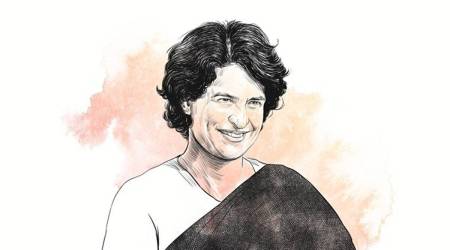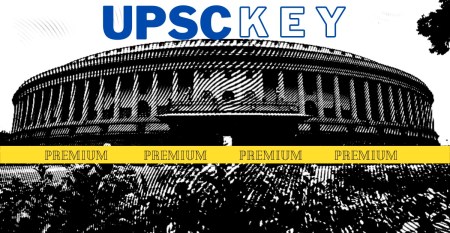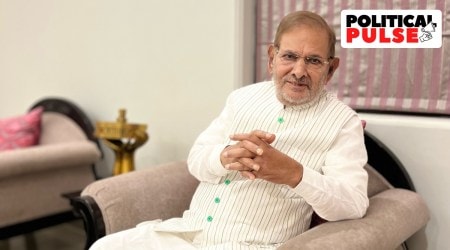Legal framework soon to stop levy of service charge by eateries: govt

Even as representatives of restaurant owners’ association stood their ground during a meeting with the government on the issue of service charge and said collecting service charge is neither illegal nor in violation of law, the government said it will soon release a “robust framework” to ensure strict compliance of its 2017 guidelines, which bars charging for service by hotels and restaurants.
According to 2017 guidelines, charging for anything other than “prices displayed on the menu card along with the applicable taxes”, without “express consent” of the customer, is “unfair trade practices”, the Union Consumer Affair, Food and Public Distribution Ministry said in a statement on Thursday.
Buy Now | Our best subscription plan now has a special price
The ministry’s statement came after the Department of Consumer Affairs (DoCA) held a meeting with restaurant associations and consumer organisations on levy of service charge in hotels and restaurants.
During the meeting, DoCA officials told the representatives of hotels and restaurants that an “additional charge in the name of service charge is detrimental to the rights of consumers”. “Since this adversely affects millions of consumers on a daily basis, the department will soon come up with a robust framework to ensure strict compliance by the stakeholders,” the ministry stated.
Office-bearers of National Restaurant Association of India (NRAI), however, told the Centre that levy of service charge by a restaurant is a “matter of individual policy”. There is “no illegality in levying such a charge”, it said.
While quoting “various judicial orders which recognize/uphold levy of service charge”, the NRAI also said that levying of service charge is “beneficial for workmen as a class, who are employed in the establishments, and any move to the contrary would be detrimental to the interests of workers — and against the labour-friendly stance of the government”.
They said service charge also brings in revenue to the government, since tax is paid.
Besides NRAI, the meeting, convened and chaired by Consumer Affairs Secretary Rohit Kumar Singh, was attended by representatives of the Federation of Hotel & Restaurant Associations of India (FHRAI) and consumer organisations, including Mumbai Grahak Panchayat.
“A service charge is essentially a tip and it is up to the establishment to decide whether and how much to charge in the bill,” FHRAI vice-president Gurbaxish Singh Kohli said. “A restaurant or hotel may just as easily absorb the service charge component into charges being collected by it from the customer by including it in the prices on the menu. However, a service charge is meant for the benefit of the staff. So establishments make a conscious choice to adopt a policy beneficial towards its staff.”
“Levying service charge is a general practice adopted across the globe,” he said.
The ministry, however, stated, “Considering entry of a customer to a restaurant/hotel as an implied consent to pay service charge would amount to imposition of an unjustified cost on customer as a condition precedent to placing an order for food and would fall under restrictive trade practice under the Act.”
“A service charge is a part of the invitation by a restaurant to potential customers. It is for customers to decide whether they wish to patronize the restaurant or not,” Kohli added.





